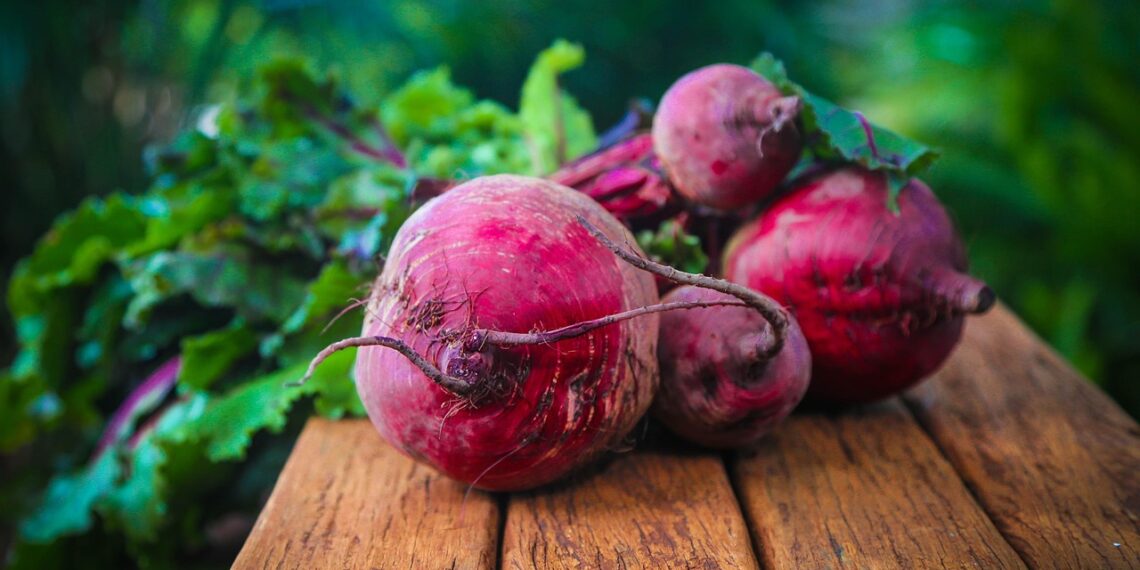High blood pressure is one of the most persistent challenges in modern health, often requiring long-term management strategies that blend lifestyle, diet, and medical guidance. While pharmaceutical interventions remain vital for many, growing evidence highlights how specific foods can play a meaningful role in natural blood pressure control. Among these, beetroot has captured attention for its nitrate-rich composition, which may support vascular health in both clinical and everyday settings.
When consumed, the dietary nitrates in beetroot convert into nitric oxide, a signaling molecule that relaxes and dilates blood vessels. This vasodilation allows blood to flow more freely, reducing strain on the heart and lowering systolic blood pressure. Unlike many quick-fix remedies, the mechanism is rooted in fundamental vascular biology: nitric oxide directly improves endothelial function, supporting healthier circulation.
The clinical evidence behind beetroot’s impact on blood pressure is steadily growing. A systematic review and meta-analysis by Siervo, Lara, Ogbonmwan, and Mathers (2013) pooled data from 16 randomized controlled trials with 254 participants. They found that beetroot juice and dietary nitrate supplementation significantly lowered systolic blood pressure by approximately 4.4 mm Hg on average, though the effect on diastolic blood pressure was less pronounced. This finding, while modest, is meaningful at the population level, where even small reductions in systolic pressure can reduce risks of heart attack and stroke.
More recently, Kukadia et al. (2019) conducted a double-blind, randomized, placebo-controlled crossover study in healthy young adults to evaluate the short-term effects of beetroot juice. The study revealed that aortic systolic blood pressure dropped by about 5.2 mm Hg just 30 minutes after ingestion, compared to placebo. Though the effect diminished by 24 hours, the rapid improvement illustrates how nitrate-rich foods may offer immediate vascular benefits, particularly when used regularly.
Taken together, these findings suggest that beetroot is more than a colorful addition to the diet—it represents a practical, evidence-supported approach to vascular health. While it is not a substitute for medical treatment, incorporating beetroot juice or whole beets into meals may complement broader lifestyle strategies for blood pressure management.
Importantly, individual responses can vary, and those with kidney issues or taking certain medications should seek medical advice before making significant dietary changes.
Beetroot’s story underscores the broader principle that food can serve as a bridge between prevention and treatment. For young adults curious about non-prescription options, and for older individuals seeking to support conventional therapies, beetroot offers an approachable, scientifically validated choice.
Reference
Kukadia, R., Wood, A., Kharbanda, R. K., & Chowienczyk, P. J. (2019). Effects of dietary nitrate supplementation on vascular function and blood pressure: A randomized, double-blind, placebo-controlled, crossover study. Frontiers in Physiology, 10, 47. https://www.frontiersin.org/journals/physiology/articles/10.3389/fphys.2019.00047/full
Siervo, M., Lara, J., Ogbonmwan, I., & Mathers, J. C. (2013). Inorganic nitrate and beetroot juice supplementation reduces blood pressure in adults: A systematic review and meta-analysis. Journal of Nutrition, 143(6), 818–826. https://www.sciencedirect.com/science/article/pii/S0022316622012044?via%3Dihub



